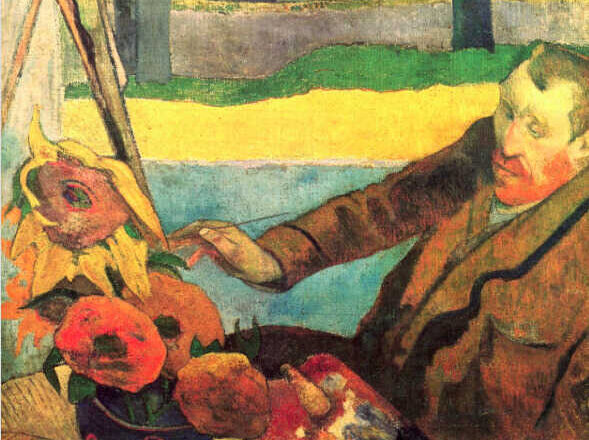Girasoles,
por Clifford Thurlow
read it in English El sábado compré dos girasoles en Chelsea Gardener y los planté en una maceta en el jardín delantero. Todo el que pasa ve sus caras sonrientes y les devuelve la sonrisa. Los girasoles saben que el secreto de la vida es seguir al sol.El dios del sol, Apolo, se enamoró una vez de una ninfa acuática llamada Clite. Cuando su atención se centró en una ninfa rival, transformó a Clite en un girasol cuya cabeza siempre giraba hacia el sol. No estoy seguro de cómo surgió el mito griego, ya que el girasol es originario de Norteamérica, pero la mitología, como la religión, es solo una metáfora.Que las flores giren la cabeza hacia el sol se llama heliotropismo. Todos lo hacen, incluso las personas, pero los girasoles, con sus caras de emoji y su corona de pétalos amarillos bri...







